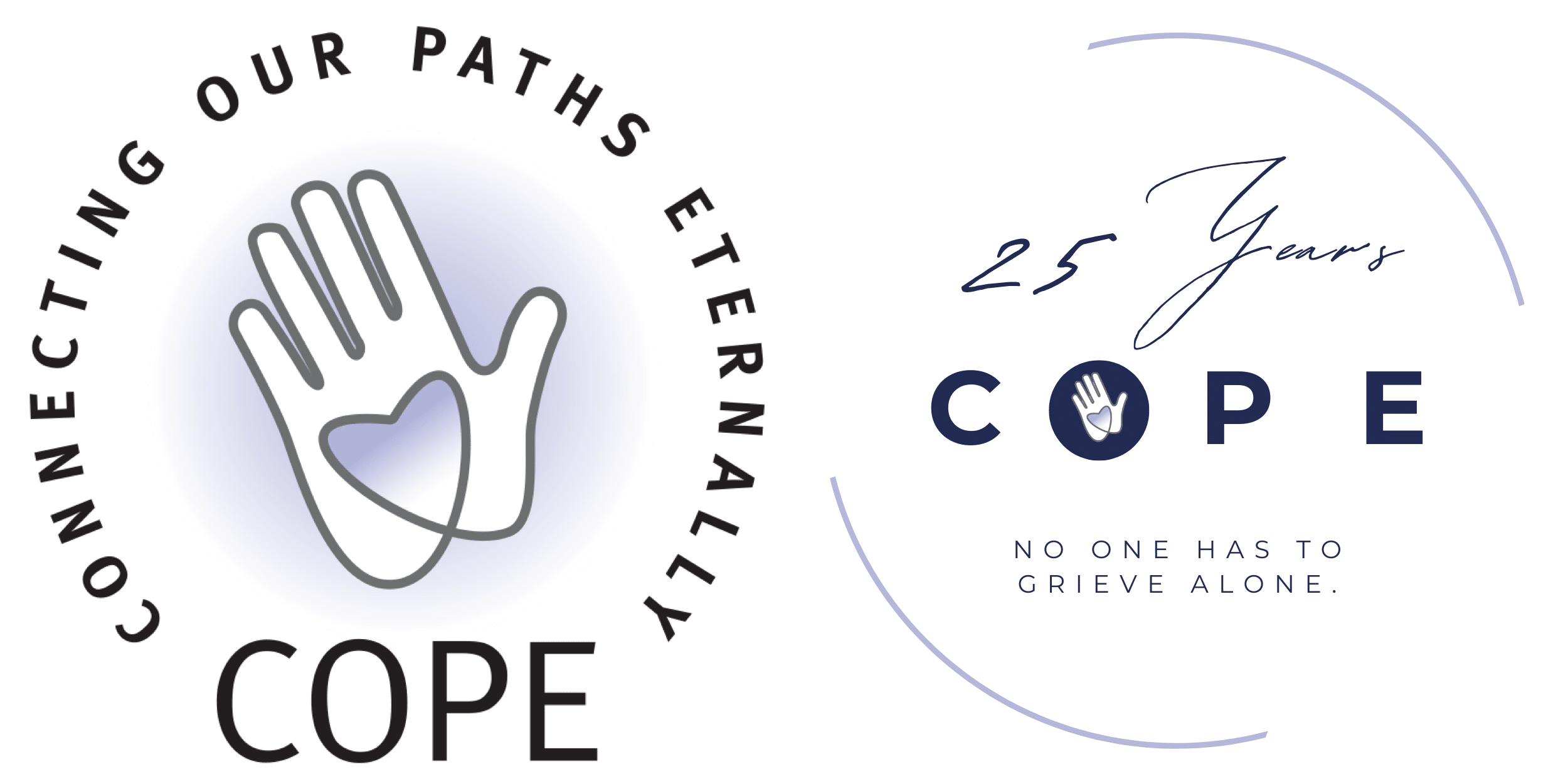“Identifying and Supporting Your Individual Grieving Style”
It has become a commonly accepted idea that there exists a number of different learning styles. Some children learn better through listening, others through watching, and still others by writing or actively participating. We have come to understand that when it comes to learning, one size does not fit all, and children will respond differently to alternative learning methods. Teaching to different styles can better support children in their educational experience and set them up for the most success.
The same can be said for grief. Grieving comes in many different forms, influenced by personality type, community, upbringing, culture, religion, and available resources. We are all unique individuals and thus, the way we cope with our grief will also be diverse and varied.
In order to learn our own grieving style and process, we can first look to our past to inform our present. It is not about reinventing the wheel; we already have our own roadmap for coping with difficult experiences. Grief might be unlike what we have been through before, but the tools may be transferable. We can draw on the people or things that were helpful then and avoid the ones that proved to not be helpful in the past.
We can start by asking ourselves, what are other challenges or difficult life transitions I have faced in the past? This transition could be a loss of a job, the end of a relationship, or a move to another city. Next, we can consider, during that experience, how did I cope? What helped? Who helped? What or who did not help? Perhaps at the time we felt that reaching out to support people and talking about the experience was useful or perhaps we preferred to process internally through writing, prayer, or meditation. Maybe it was easier to be with friends who had shared experiences or maybe we struggled with comparisons and preferred to be with those who did not. Maybe we wish we had sought out informal or professional help sooner or given ourselves more time to adjust or heal before jumping back into being social. Perhaps cleaning, organization, and taking care of mundane tasks like laundry or grocery shopping gave us a sense of control or break from our stress or maybe it was easier to allow others to step in to help so we could fully focus on our coping.
Considering our past experiences and learning from them will be a good place to start, but since we are constantly evolving individuals and resources in the past may not be available to us now (including possibly the support of the person we are grieving), it is important to next ask these same questions of ourselves in the present. How am I grieving now? Maybe we are highly expressive in our grief and find ourselves crying frequently as this provides a healthy release. Or maybe we express our emotions in a controlled or therapeutic way, channeling it through music, art, or exercise.
Perhaps the grief always feels near to us or maybe it is kept at arm’s length until we feel that we are in a safe space and ready to allow it in.
What is important to me? Is spirituality or religion an active part of my life and will I find comfort in leaning on this community? What or who is helping? What or who is not helping? Are we setting healthy boundaries with those around us and asking for help from the people who we think will be supportive? Does it help to be around people or to have quiet time on our own? Are there activities that feel like a healthy distraction from our grief that brings relief when we engage in them such as spending time in nature or quality time with family. What is available to me? Do I live in an area with access to supportive programming in my native language or can I connect online? Are there parks, trails, or gyms nearby? Do I have childcare or flexibility outside of work to engage in these things? What are my triggers? Are there places, pictures, or topics that will unexpectedly bring us back into our grief and can we give ourselves space from them or prepare ourselves for when we cannot? How am I grieving differently than the others around me? Is their grief experience keeping me from processing my own?
Purposefully engaging in these conversations internally or with others can help us identify our own unique style of grieving and then seek out the corresponding support. We often know what will not work for us, but it can be harder to know what will. Examining the coping skills we have used throughout our lives up to this point and exploring our own unique personality traits and set of beliefs can help us begin to identify those strategies that can help us in our grief journey.

